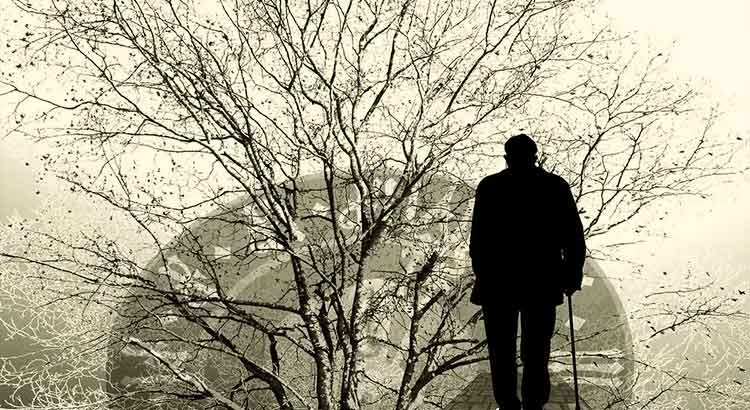It is said of Bazarov — the protagonist of Fathers and Sons, by Ivan Turgenev — the first nihilistic character in history. The importance of this work, therefore, is immense. Bazarov inaugurates in the literature the posture of denial to any kind of authority or moral principle. Materialistic intellectual, he says that believes in nothing but agreeing with what can be scientifically proven through experience. Religion, tradition, art… none of this has value: past generations are “cards out of deck” and “a good chemist is twenty times more useful than any poet”. Bazarov’s psychology is interesting: although he denies everything, bends to nothing, knows his own uselessness and the insignificance of his own effort before the universe and eternity, he works hard, diligently develops his scientific research. He seems, throughout the work, absorbed, involved in something of great importance, which justifies his coldness to those around him. As he talks to his elders, he despises them; does not consider them capable of teaching at all. On the other hand, he seems, in his own rationalism, to incessantly seek knowledge. Bazarov, despite his coldness and inclination to retreat, to work, engages in various relationships throughout the work. And Turgenev manages, with mastery, to project the influence of his nihilism in his midst: intelligent, he is respected by all, however, he directs to the closest an absolute, cruel indifference, making us question about his humanity. Suddenly, Bazarov falls in love. Seeing himself in love, he feels a deep shame: romantic love is absurd, unforgivable stupidity! Then Bazarov moves away to see if he subdues his weakness. Love as a weakness? This idea is very familiar… If we do not deny science itself, like Bazarov, it is true that our individualism takes us away from relationships, fears them and does everything to avoid them; important even, it is us, and our self-esteem demands us successive manifestations of affection. And how does Turgenev ends the novel? Bazarov isolates himself, focuses on his work; he progresses, but his posture afflicts all around him. Unfortunately, he gets typhus by cutting himself with his scalpel doing the autopsy of a man overturned by the disease. He falls in bed, wraps the closest in strong commotion. He denies, however, the confession, pleaded for by the tortured father as he watched his son’s martyrdom. Bazarov dies denying others his own importance.
____________
Read more:
